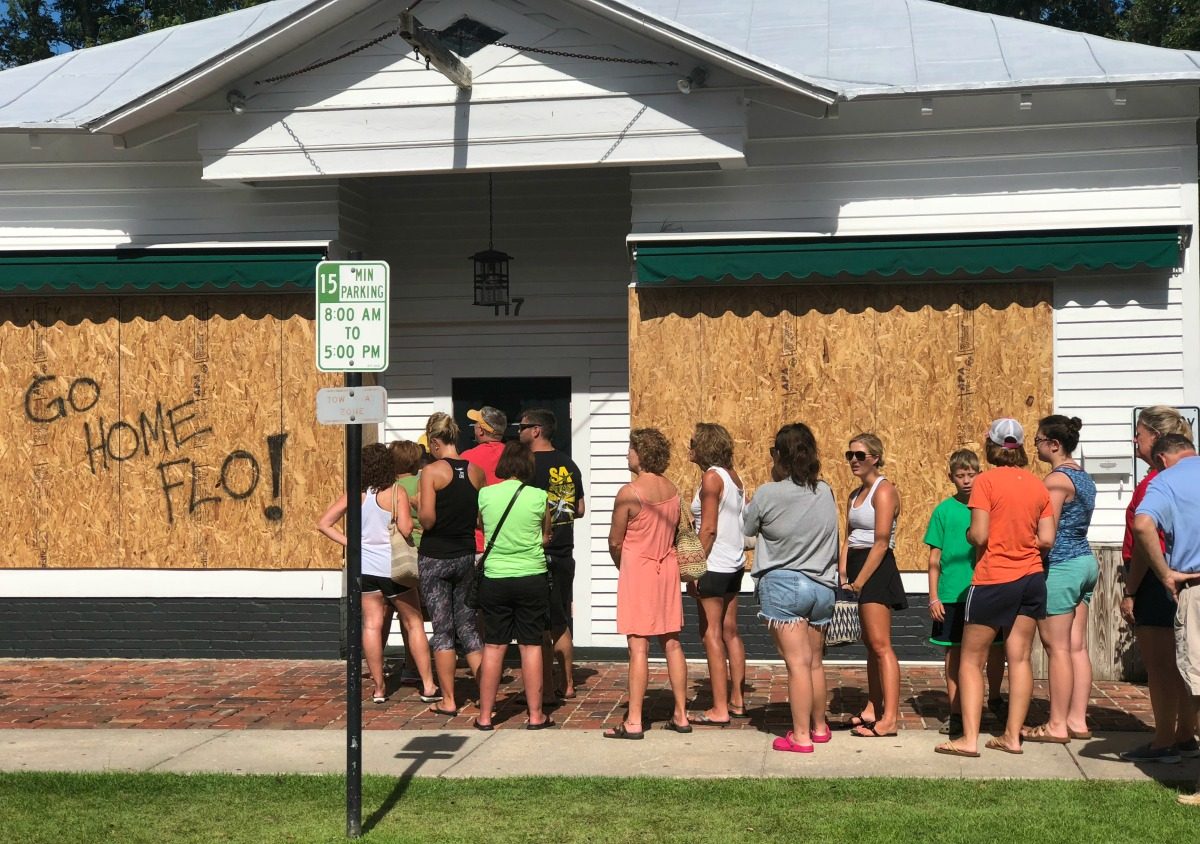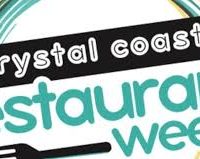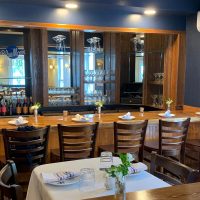It all started with Hurricane Florence – 6 Years Ago
Two days before Hurricane Florence, Beaufort Grocery Company was boarded up, but owners Charles and Wendy Park went ahead and opened their doors, along with their hearts, to distribute free food to people in the community. For thirty years, they have been a pillar in the Beaufort hospitality community. They proved once again their kindness was no gimmick.
According to a social media post on the restaurant’s Facebook Page, “You can eat these before the power goes out; then enjoy your Hurricane rations! Sliced deli meats, potato and pasta salads, pimento cheese, assorted breads, and much more.”
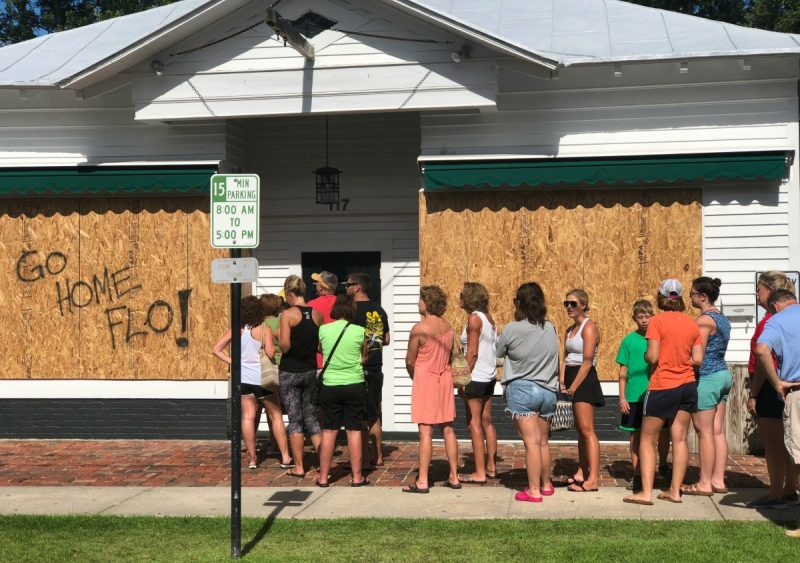
On September 14, 2018, Hurricane Florence arrived in Beaufort.
Moving at an unprecedented speed of just three miles an hour, anyone could have easily outrun the storm. This sluggish pace meant the storm pummeled Beaufort for days. While Beaufort has seen its share of storms in the past, they typically come and go. But, Hurricane Florence was different. With damaging winds and a record-breaking storm surge between nine and 13 feet, rainfall topped 20 to 30 inches. Nearby Fort Macon recorded wind speeds of 105 mph.
“Today, the threat becomes a reality,” — Governor Roy Cooper
The power went out on the first day. By the second hour of the storm, access to the Internet was gone. The Town of Beaufort remained without power for the next seven days.
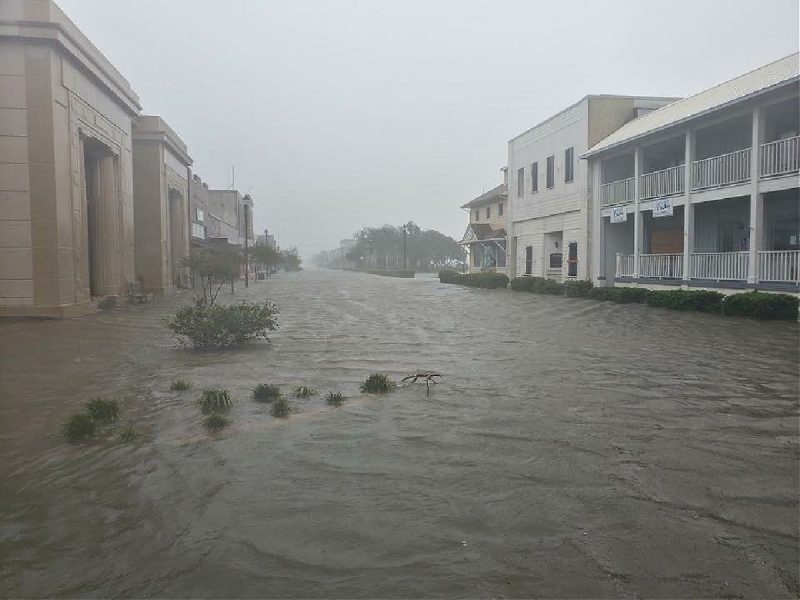
A few days after the winds had subsided and flood waters had dissipated, the mold and mildew problems were evident. Some homes were flooded by the storm surge, while the strong winds ripped off shingles, which allowed water to leak into homes from above. Blue tarps on the roofs of houses could be seen everywhere.
The damage on Harkers Island was devastating for the Down East community.
Core Sound Waterfowl Museum and Heritage Center, located “at the end of the road” on Harkers Island, sustained significant roof damage during Hurricane Florence. In total, the storm caused an estimated $3.4 million in damages, After 20 months of rebuilding and repairs, the museum finally reopened prior to the Memorial Day weekend 2020. The original schedule was to reopen on April 1 but it was delayed due to the coronavirus pandemic.
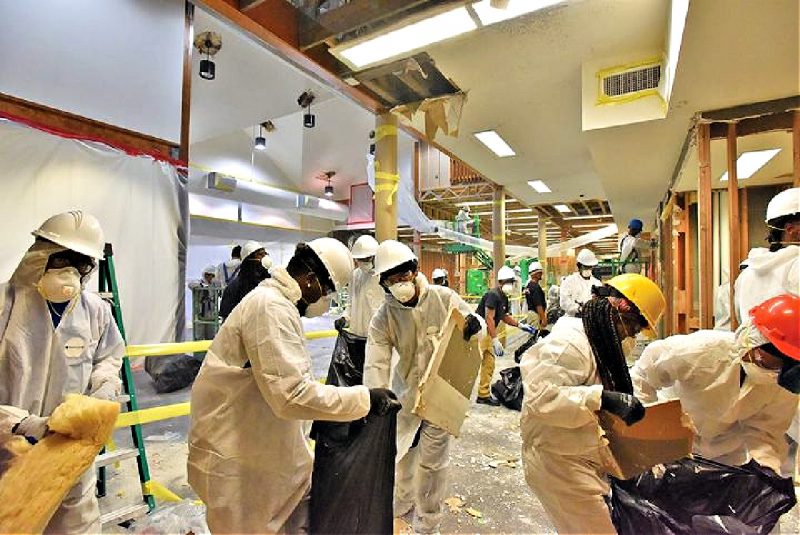
After Hurricane Florence, three apartment complexes, as well as many rental and vacation homes, were condemned.
When the apartment units were forced to close for health reasons, local residents had to find housing elsewhere. Carteret County had a shortage of housing, especially affordable housing prior to the storm. Beaufort was no exception. This made it difficult, if not impossible, for people to find a place to relocate after the storm. Many residents had to leave town and even the county to find housing and jobs.
Beaufort had lost much of its work force.
The “Beaufort Bubble”
Locals often say we all live in the “Beaufort Bubble.” We live in our own world, completely isolated from what is happening all around us. The Bubble protects us from the harsh realities of life. Residents often use the term in reference to our local weather. It’s not uncommon to have rain in Morehead City or Down East, and sunshine in Beaufort.
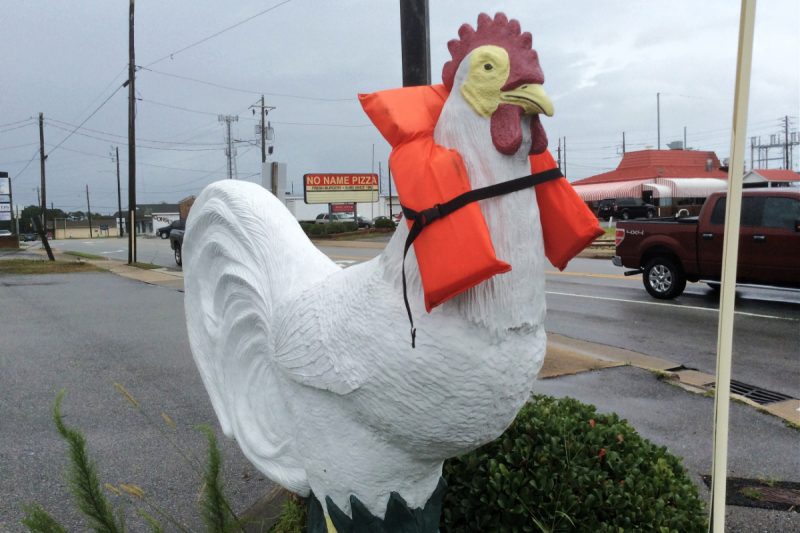
During most storms, Beaufort’s waterfront is protected by Rachel Carson Reserve, a collection of small islands and sandbars including Carrot Island. Between Rachel Carson Reserve and Beaufort’s historic district is a harbor and stretch of water known as Taylor’s Creek. The location has provided important protection to Beaufort during storms.
This time, it was different. The day Hurricane Florence arrived was the day the “Beaufort Bubble” burst.
Here comes Dorian!
Even before Hurricane Dorian arrived, the Boardwalk RV Park in Emerald Isle near Bogue Inlet Pier got hit by a tornado which was a water spout before it came ashore. The water spout was spawned by Dorian.
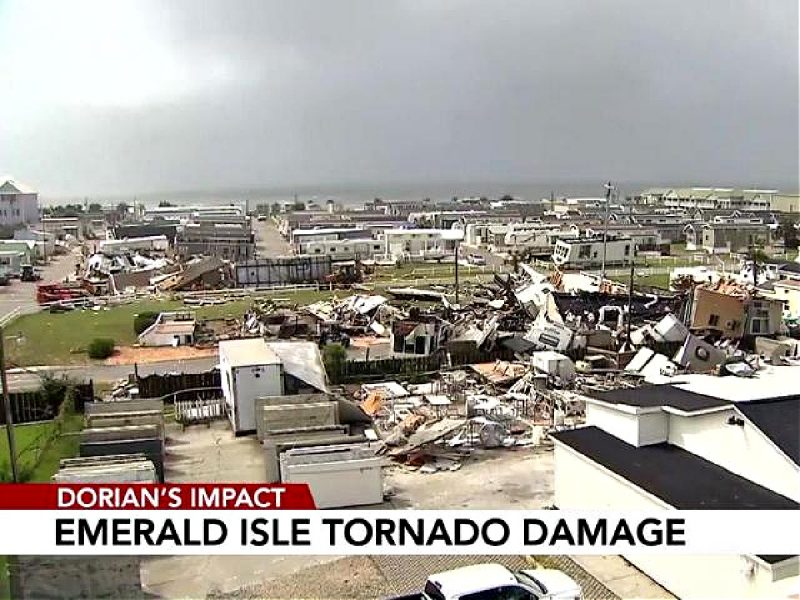
With the memories of Hurricane Florence still fresh on everyone’s mind, people were well prepared for Dorian. Beaufort and the surrounding communities had not fully recovered when Hurricane Dorian arrived on September 1, 2019 — less than one year after Hurricane Florence.
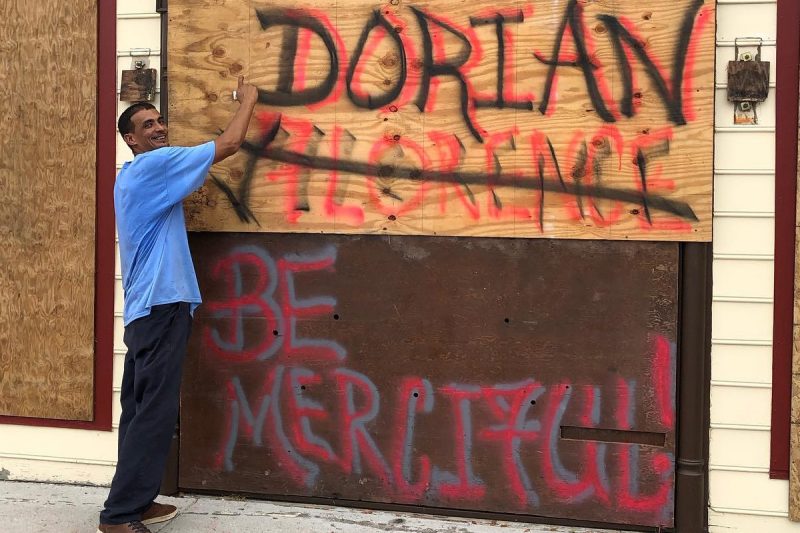
According to the National Weather Service, peak wind gusts of 110 mph were recorded at the Cedar Island Ferry Terminal, 89 mph at Fort Macon, 85 mph at Beaufort, and 82 mph at Cape Lookout.
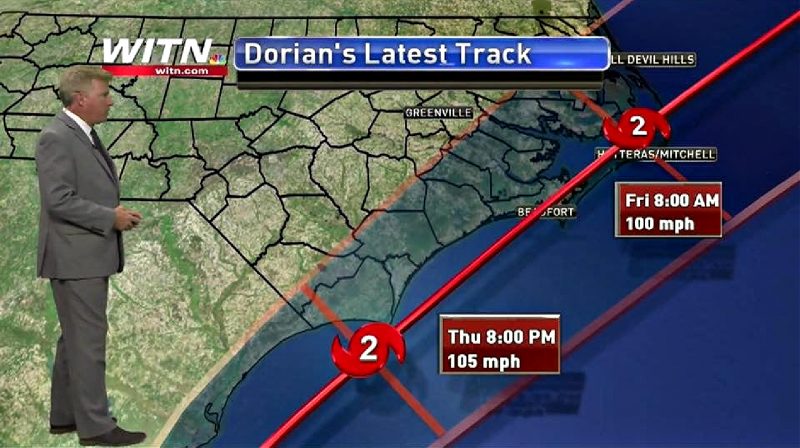
While Beaufort came through the storm safely, places like Down East and Ocracoke were not that lucky.
Dorian highlighted one of the biggest differences between our area and Ocracoke. There is a tremendous amount of water on both sides of Ocracoke. It is a lot easier for a storm to dump huge quantities of water.
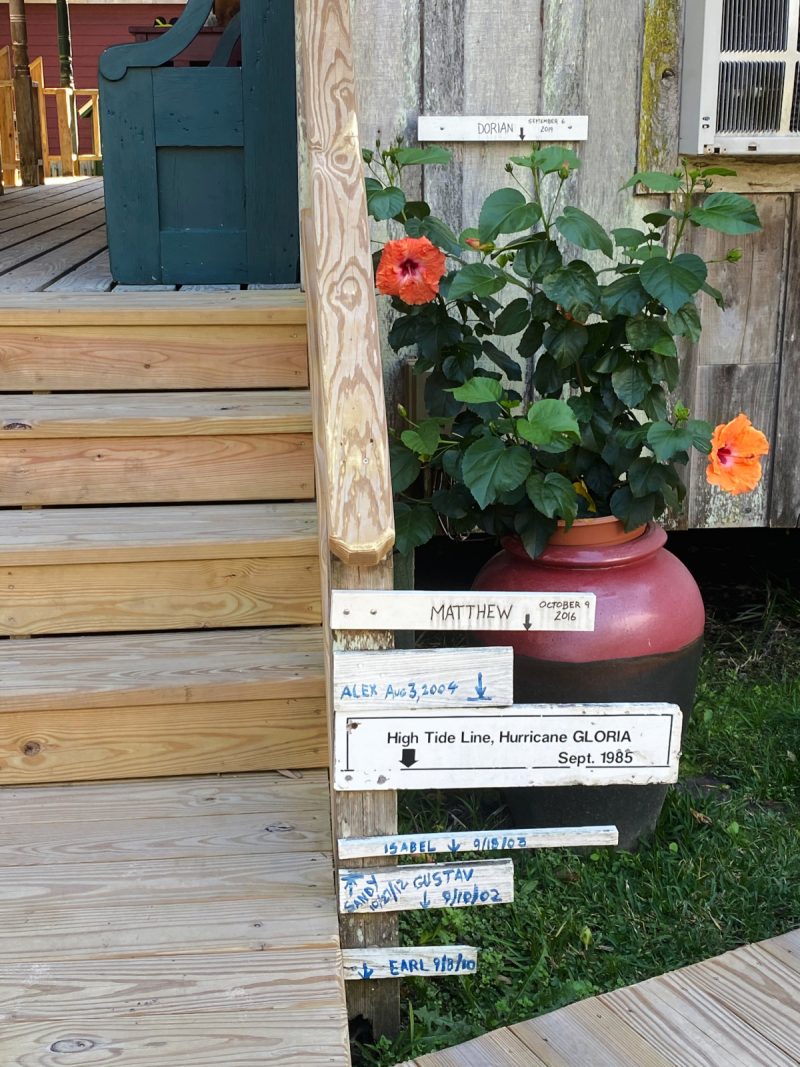
On Ocracoke Island, a rapid rush of floodwater had risen seven feet sending residents scurrying to their second floors and attics. Helicopters were dispatched to bring in food and supplies. About 800 residents were stranded on the island to weather the storm.
COVID-19, Pandemic 1.0
COVID-19 hit the restaurant industry with the force of a hurricane.
When an estimated two dozen cases were being reported, Governor Roy Cooper prohibited mass gatherings of more than 100 people — a shift in his stance just two days earlier, when he strongly urged such gatherings be canceled, postponed or modified. The order also called for the closure of K-12 schools across the state.
“There was guidance to restaurants and bars to keep more people separated. I commend those who took this guidance seriously. Unfortunately some have not. So today we are ordering them to close,” stated Governor Cooper.
Gov. Roy Cooper issued an executive order that all restaurants and bars must close except for takeout and delivery orders. The move aimed to lessen the spread of COVID-19 by limiting interactions between large groups of people. With little advance notice, the restaurant industry as we knew it changed on March 23 at 5 pm.
North Carolina’s bars and taverns, including Beaufort’s iconic Backstreet Pub, were forced to close for nearly a year in the battle against COVID-19.
Restaurants struggled with reduced staff and many were trying to operate with just take-out.

In early 2020, the hospitality industry saw almost half of its jobs disappear. Many of those workers moved on to jobs in other industries and others are exploring new careers.
Carteret County declared a state of emergency back on March 17th due to the coronavirus and then issued a stay-at-home order that took effect March 25th.
In April, the Town of Beaufort closed the roads coming into Beaufort and erected a checkpoint on Turner Street. A residential COVID-19 entry pass from the town was mailed to residents. Non-Carteret County residents without paperwork about essential business were denied access, along with second homeowners not sheltering in town prior to March 31.
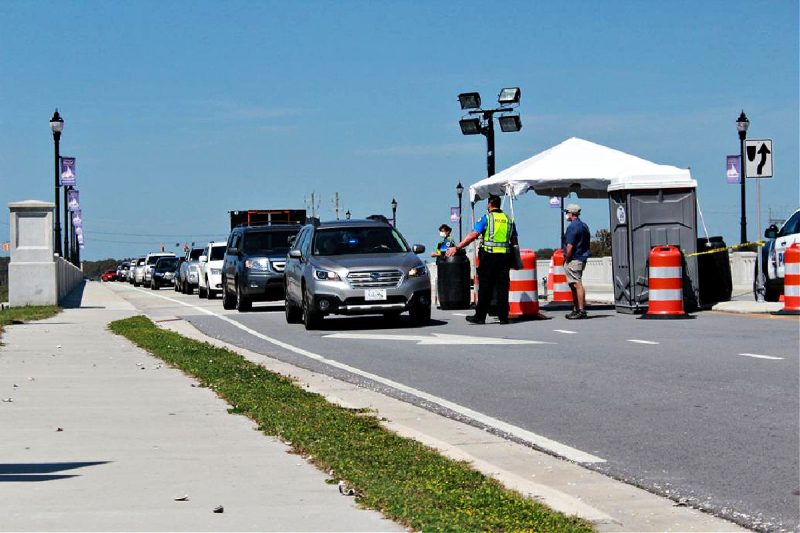
Business owners found it difficult to turn away potential visitors at a time when the tourism season would normally just be ramping up. However, the town saw it as a necessary step to stopping the coronavirus pandemic from spreading further. Beaufort’s lifeline is tourism. But, at the time the town felt protecting our community had to come first.
A few weeks later, the checkpoint was removed due to public outcry.
Layoffs and restaurant closures continued.
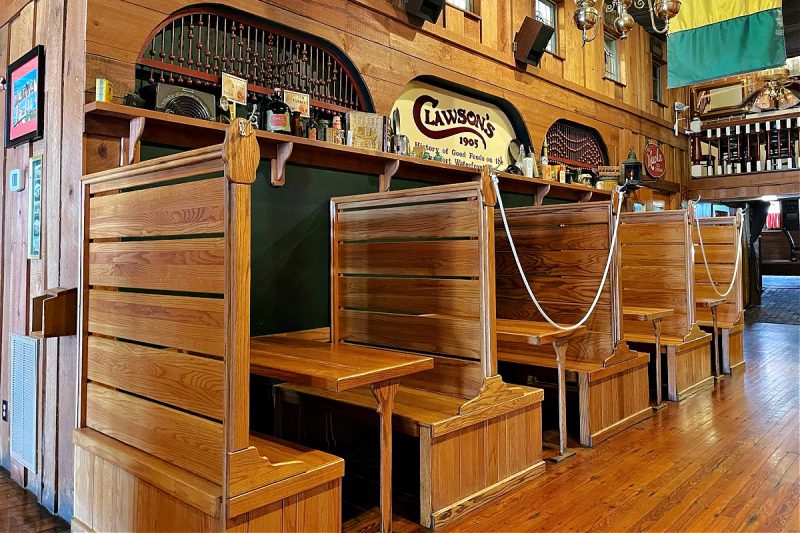
Statewide stay-at-home orders were still in effect until May 8, but judging by the traffic on the bridges in Carteret County you would never know it.
With the boom in tourism, there were increasingly limited affordable housing options for workers to rent, pushing people to seek employment elsewhere.
North Carolina’s Hospitality Industry had been hit with $4.1 billion in losses due to COVID-19 restrictions — more than any other industry. NCRLA has been instrumental in supplying resources to the industry.
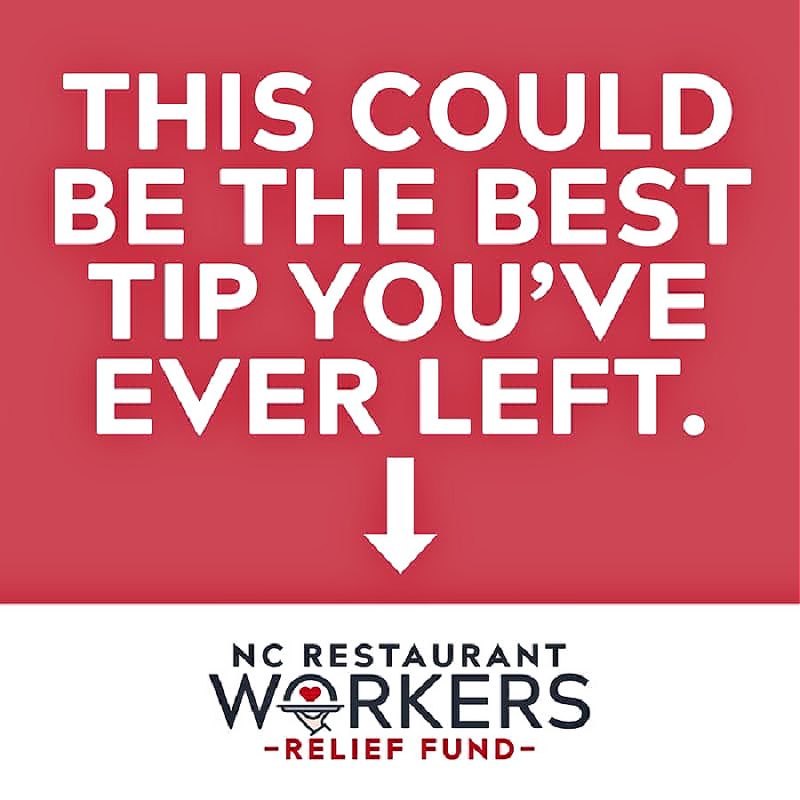
In March 2020, the North Carolina Restaurant & Lodging Association (NCRLA) Foundation created the NC Restaurant Workers Relief Fund to address the devastating and immediate effects on our industry’s workforce due to the COVID-19 pandemic. Since then, over $1.5 million had been donated to support this relief effort, and close to 3,000 grants were administered to those in need.
Locally, Beaufort Wine and Food raised over $50,000 during its Crystal Coast Restaurant Workers Relief Fund.
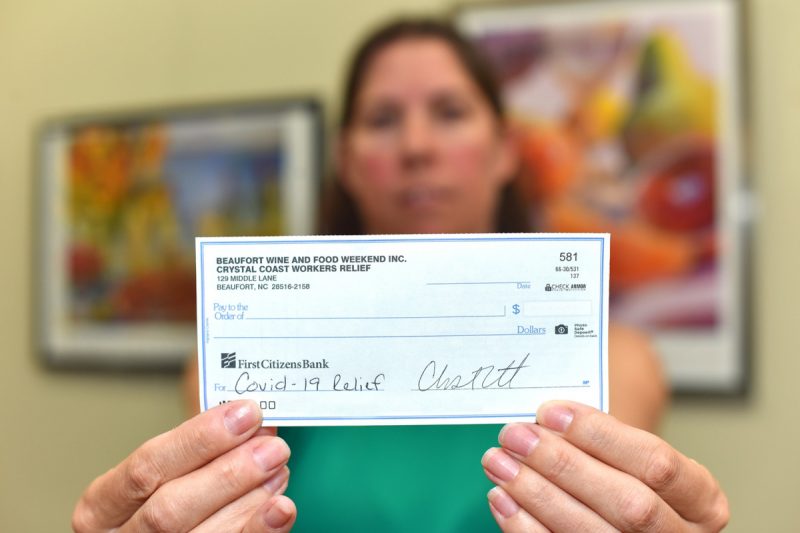
One popular explanation for the current labor shortage is that pandemic-related unemployment benefits were overly generous and encouraged people not to seek work as the economy gradually reopened.
COVID-19, Pandemic 2.0
The second wave of that hurricane brought reckonings on the issues of race, gender, and equity in the workplace. Some chef-owners reacted by retooling their business models in order to pay their employees fairer wages.
Signing bonuses and perks that were unheard of a few years ago had now become the new normal.
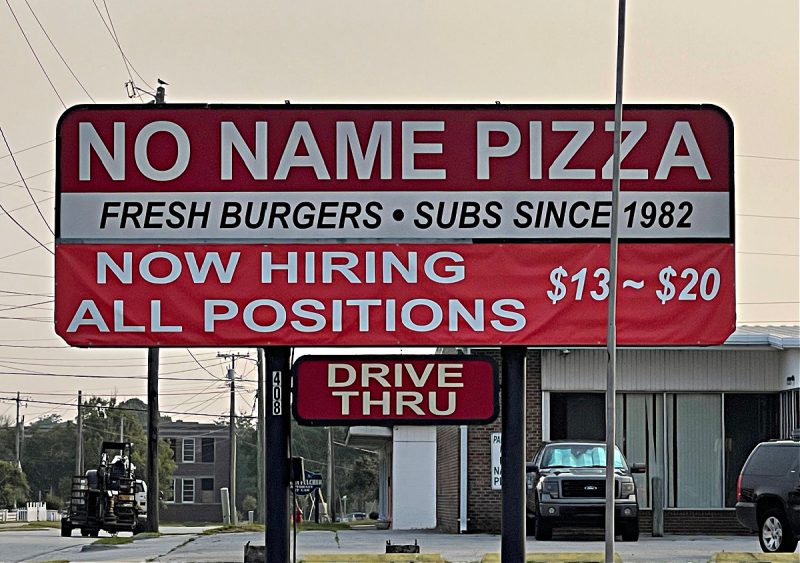
On October 21, masks were no longer required in the town of Beaufort. This comes, as Carteret County’s COVID-19 numbers were trending down.
According to the Associated Press, many factors are thought to have contributed to the shortage of people seeking work again: Difficulty arranging or affording child care, lingering fears of COVID-19, early retirements by older workers, a slowdown in immigration and a decision by some people to seek new careers rather than return to their old jobs.
Local restaurants continue to struggle with staffing problems resulting in shorter operating hours and additional days closed. The struggle is real even after six years..
Our problems began way before the pandemic. It started with Hurricane Florence.
